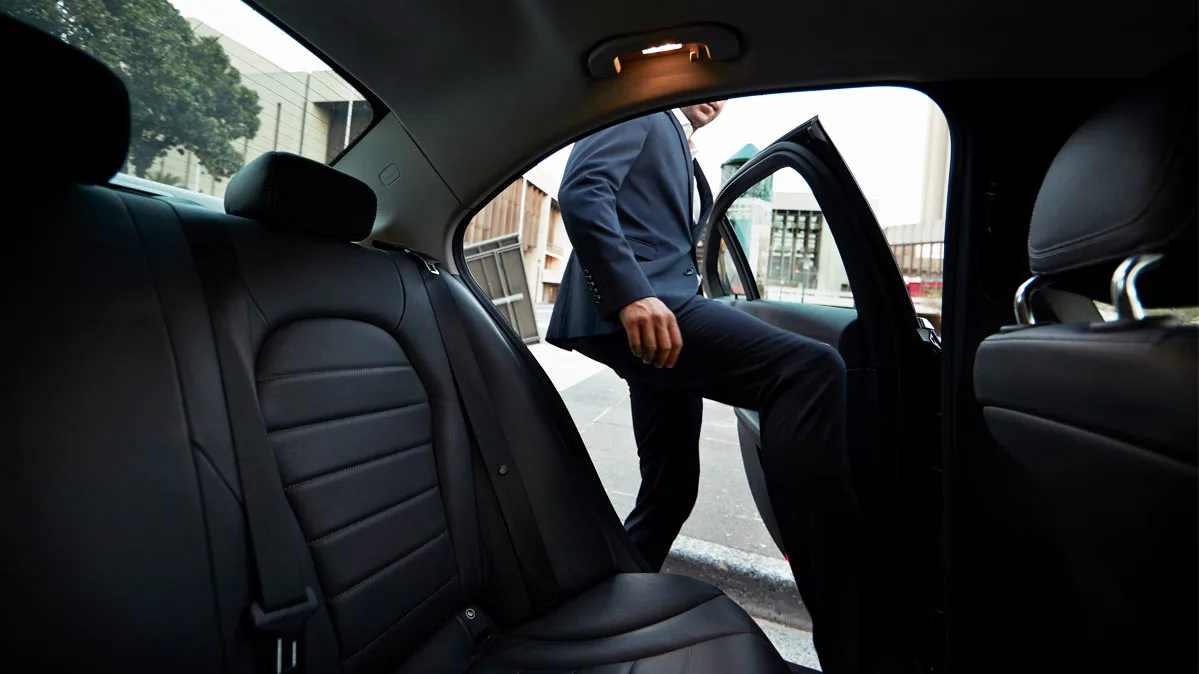The Owner’s Corner (I)
Suddenly I found myself sitting in what is known in this country as the ‘owner’s corner’. We all know what that is- the first seat on the right at the back of any car; that space which is diagonally opposite that of the driver. Yes. A space. For those enarmoured by the illusions of office […]

Suddenly I found myself sitting in what is known in this country as the ‘owner’s corner’. We all know what that is- the first seat on the right at the back of any car; that space which is diagonally opposite that of the driver. Yes. A space. For those enarmoured by the illusions of office and position, that space is one of authority. It is one of power. It reminds its occupier that he is one calling the shot in the organization, in the office.
But the ‘owner’s corner’ is indeed a space of illusion. In fact all spaces of power, no matter how enchanting they may appear, are hocus-pocus; they are locales of paramnesia, of temporality, of impermanence. Yet it has become the fad for senior executives of public and private corporations to sit there. To contract a driver is to go through that instant psychological transformation that eventuates in your aversion to sit beside him in the front. Something in the human constantly awakens his sense of alterity. We derive that strange sense of completion, nay perfection, in that uncanny inferiorization of the other, not the self.
Two options are therefore available for the believer whenever his driver reports for duty every morning. The first is to not ponder that imaginary space of power between the driver and owner’s seats such that their relational values become lost to him, and permanently too. The second is probably that of humbling himself by choosing to sit beside the driver in the front of the car and through that re-establish his humanity and spirituality with the former. Thus the challenge that the believer constantly faces on a daily basis becomes attenuated. He puts into practice the instruction that he should not see look himself up in the mirror of greatness and success since there is no greatness or success except that which is made possible by Him, the Almighty. The sage in Islam was once asked to describe the best of men. He responded saying: he who humbles himself even in greatness.
The above discourses were probably lost to that compatriot of mine. He came to the mechanic workshop accompanied by his driver. They came in the latest car in town. It was one of the new brands from Toyota. One of those cars that reminds of you where are, where you desire to be and where you may never get to be. As soon as the driver brought the car to a halt, he called on the Vulcanizer. “These tyres need your attention”, he shouted. Meanwhile the owner of the car sat where Nigerians refer to as “the owner’s corner”. He stared straight into the horizon. He was motionless. But as soon as the tyres were fixed, the driver whispered something to his ears and without hesitation, the old man dipped his hand into his wallet and brought some naira notes out and handed it over to the driver who in-turn passed it on to the artisan. Before the latter could utter any word, the driver of the car had zoomed off. Alas! It was pay-day for the Vulcanizer! He had been given ten times more than what he ought to have received. This is because money was no more the problem of the rich man. His main problem was how to obtain what money cannot buy: divine providence!
All around town, dear brethren, we encounter images of the rich and the extremely wealthy. We encounter compatriots who are probably richer and wealthier than their states and countries. But each time I encounter anyone among them, the question that comes to my mind is this: exactly what extra-pleasures does life afford the wealthy that some of us down here cannot enjoy? Do you remember the wealthy man on your street? I mean that man with a big mansion. That man whose mansion reminds you of the paradise built by the people of Prophet Shuayb? Yes. He prides himself as the owner of the biggest mansion in town: a state-of-the-art architectural masterpiece featuring fifty rooms, a swimming pool, a promenade and a garden. Brethren, aside from the pleasure or is it the illusion that he suffers each time he contemplates what he possesses, what other pleasure does a man enjoy in having a mansion in this world? How many rooms can he occupy at a time? Sorry, how many beds can he put together at night in order to rest his body?
